You have no items in your shopping basket.
Mon - Fri 9AM - 5PM
024 7610 0090
You have no items in your shopping basket.
You have no items in your shopping basket.
For professionals in healthcare, education, or social services, our CPD-certified safeguarding courses offer the latest practices for protecting the vulnerable.
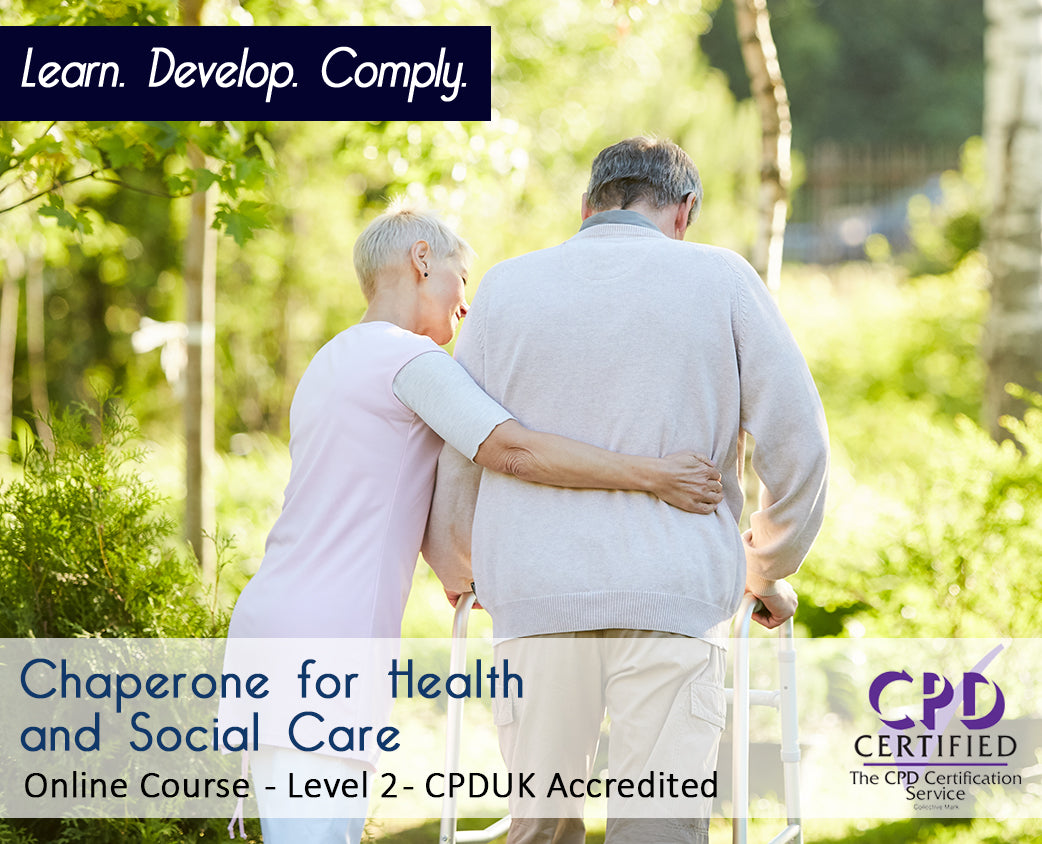
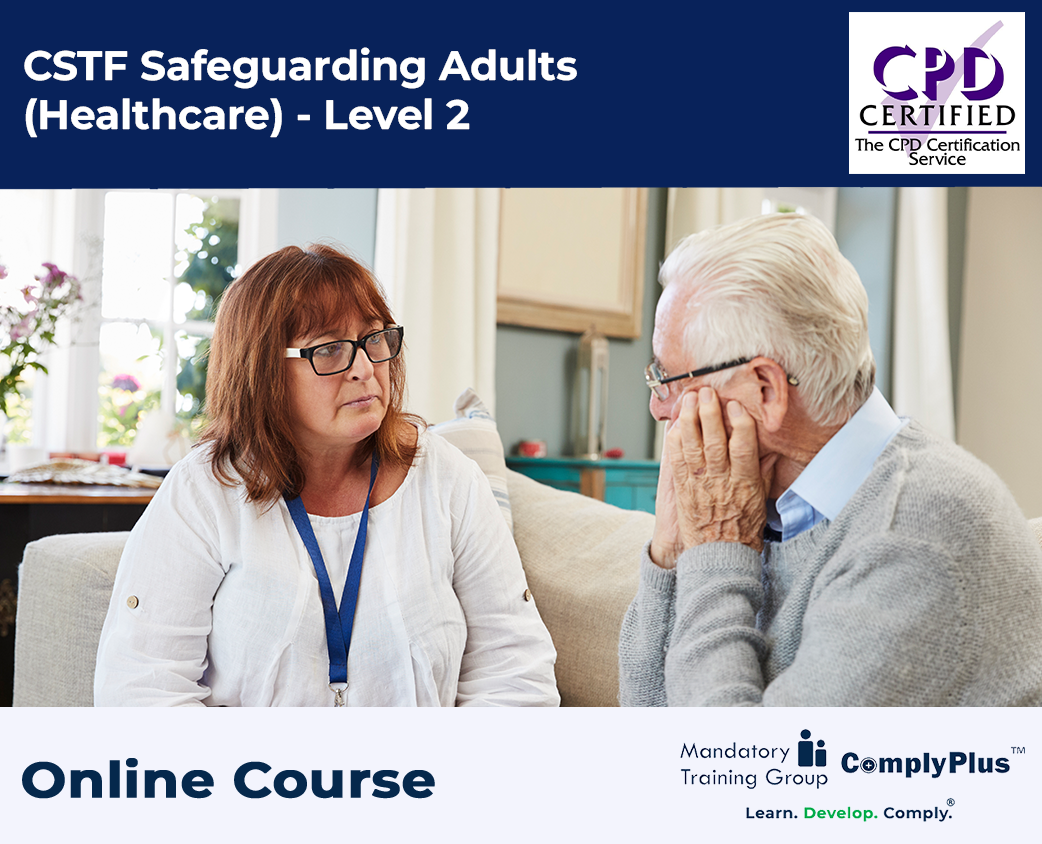
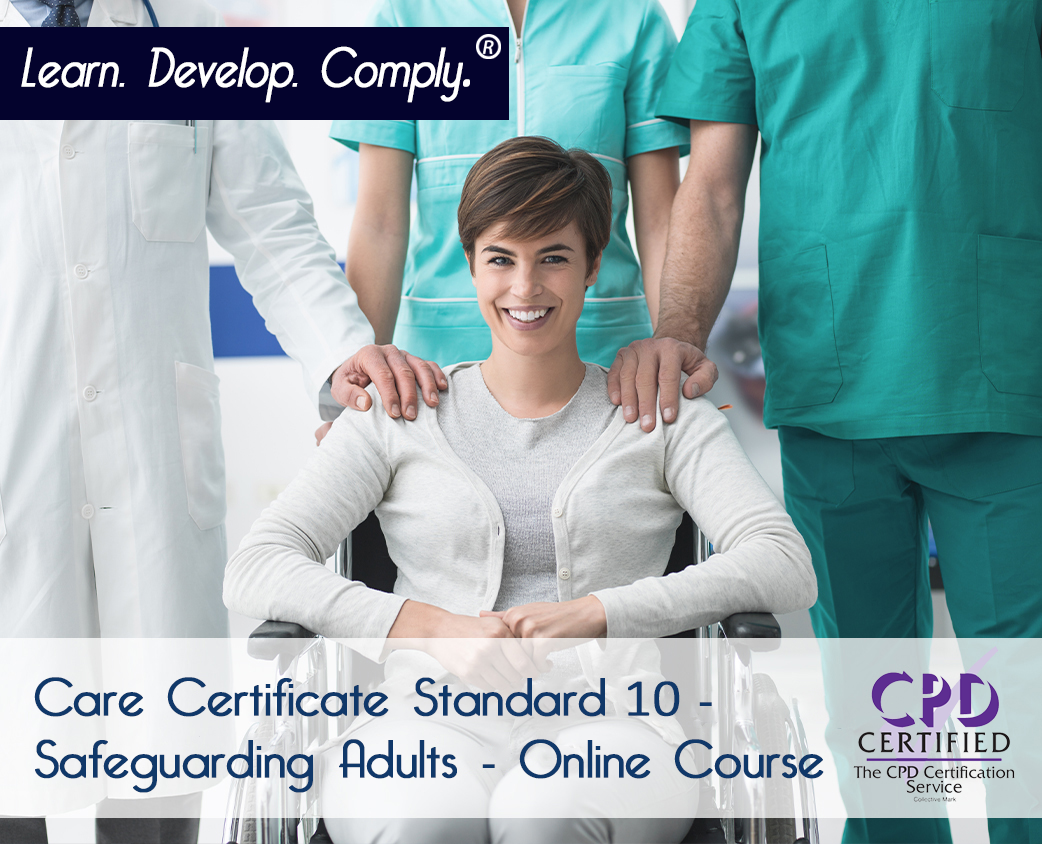
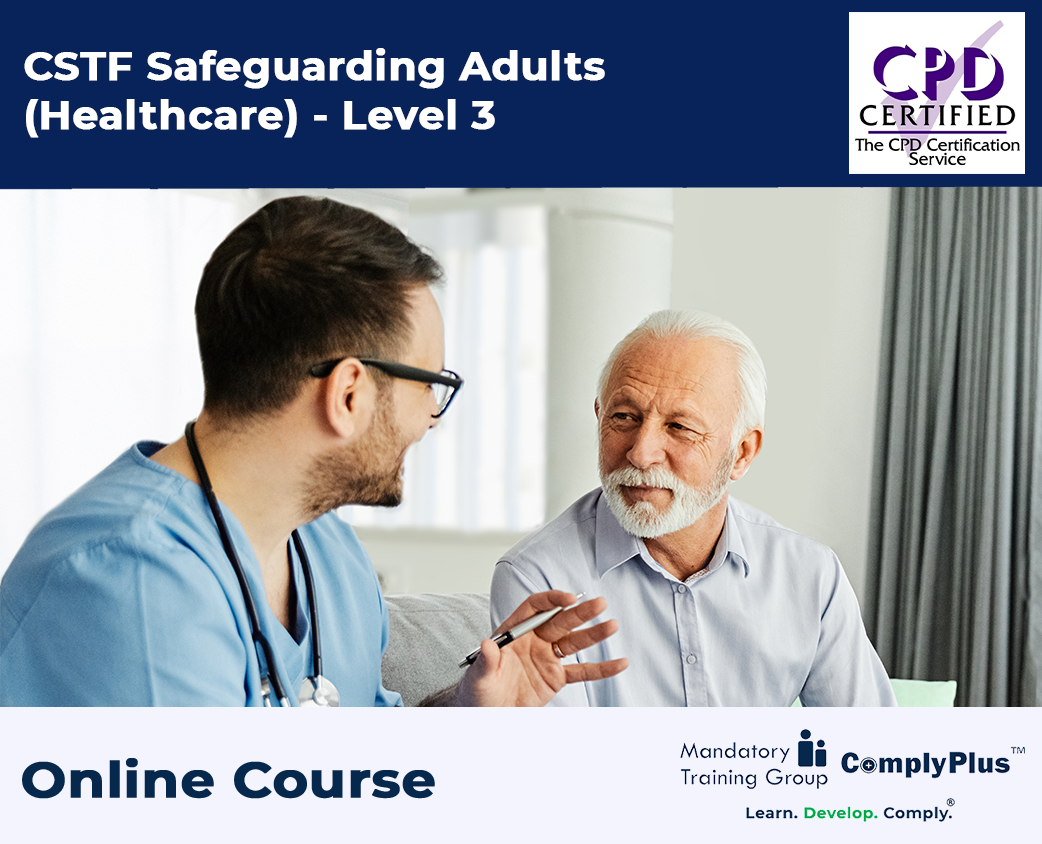
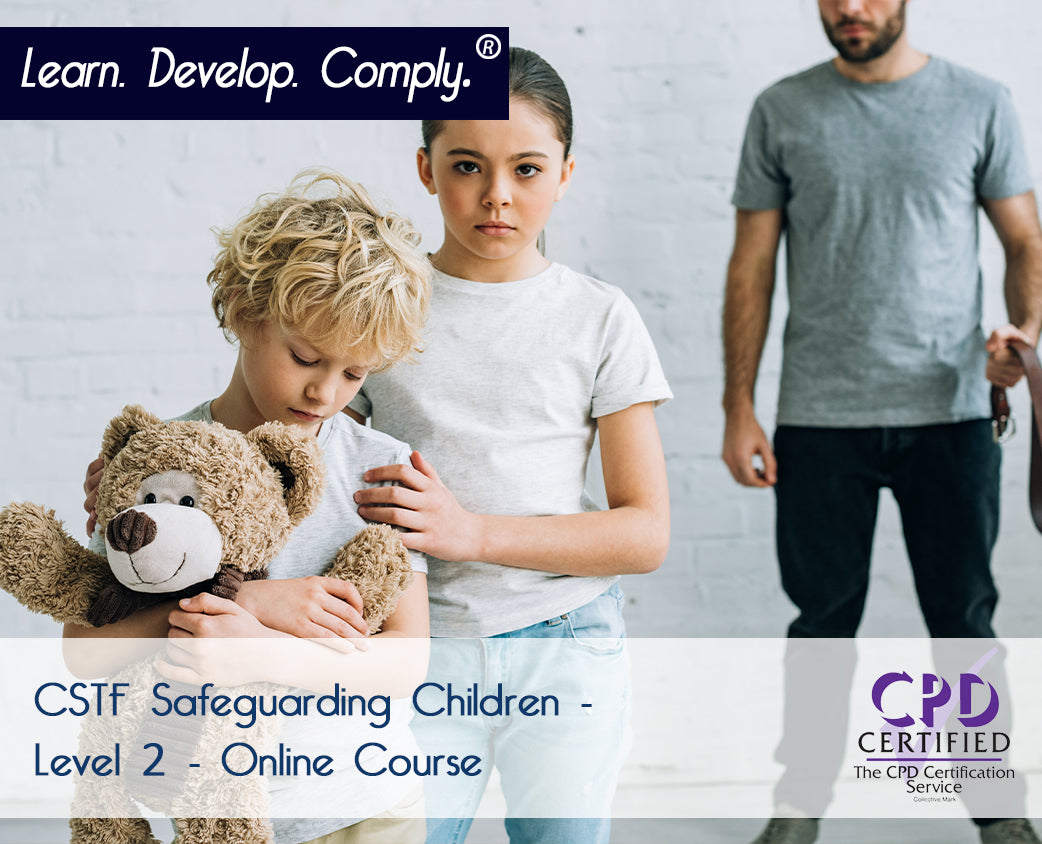
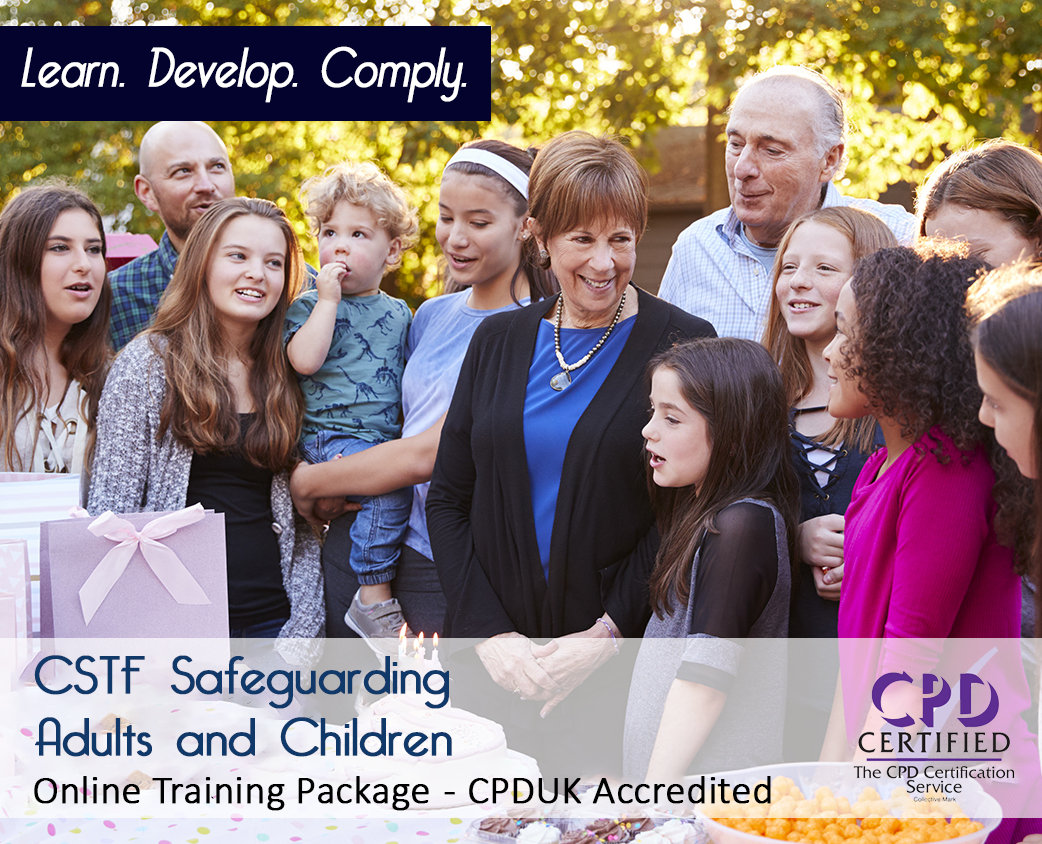
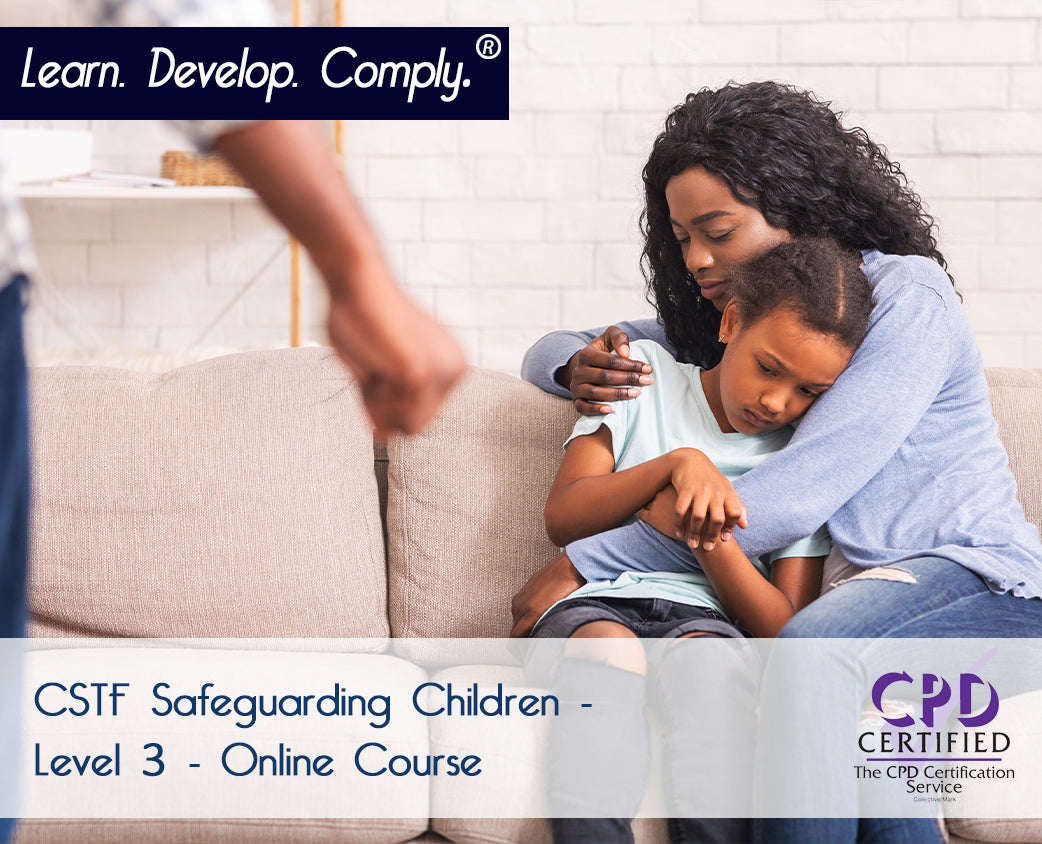
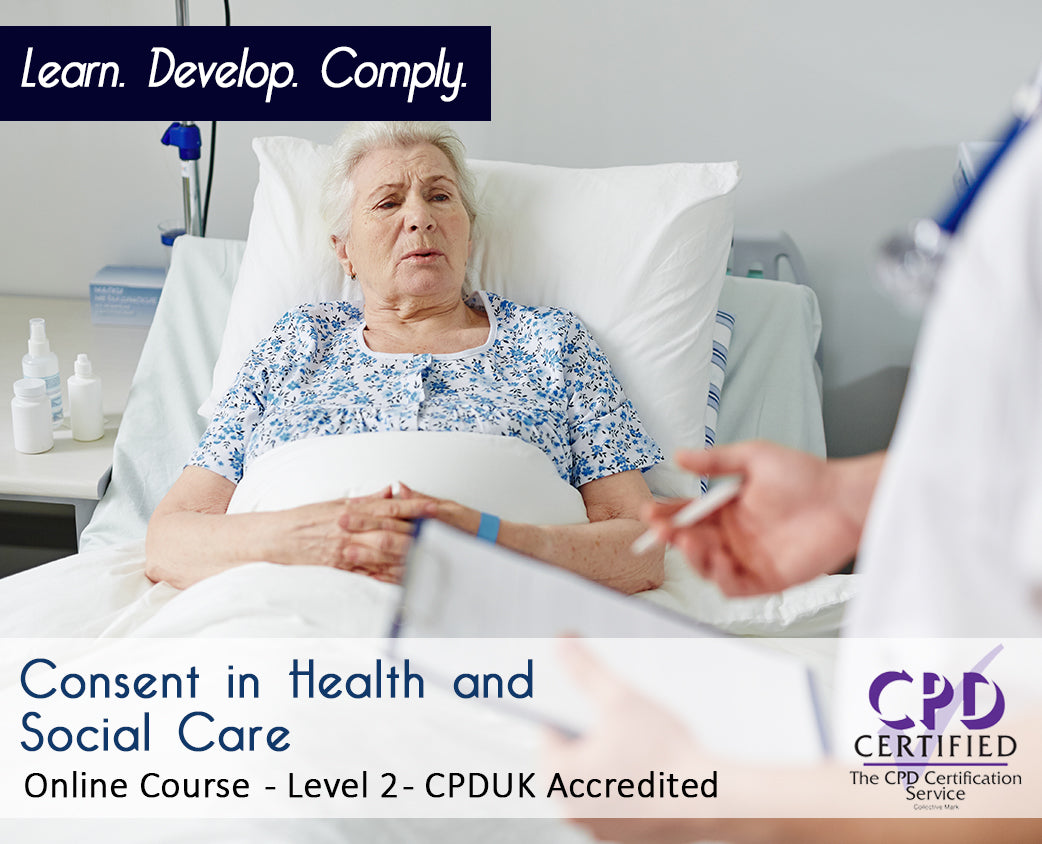
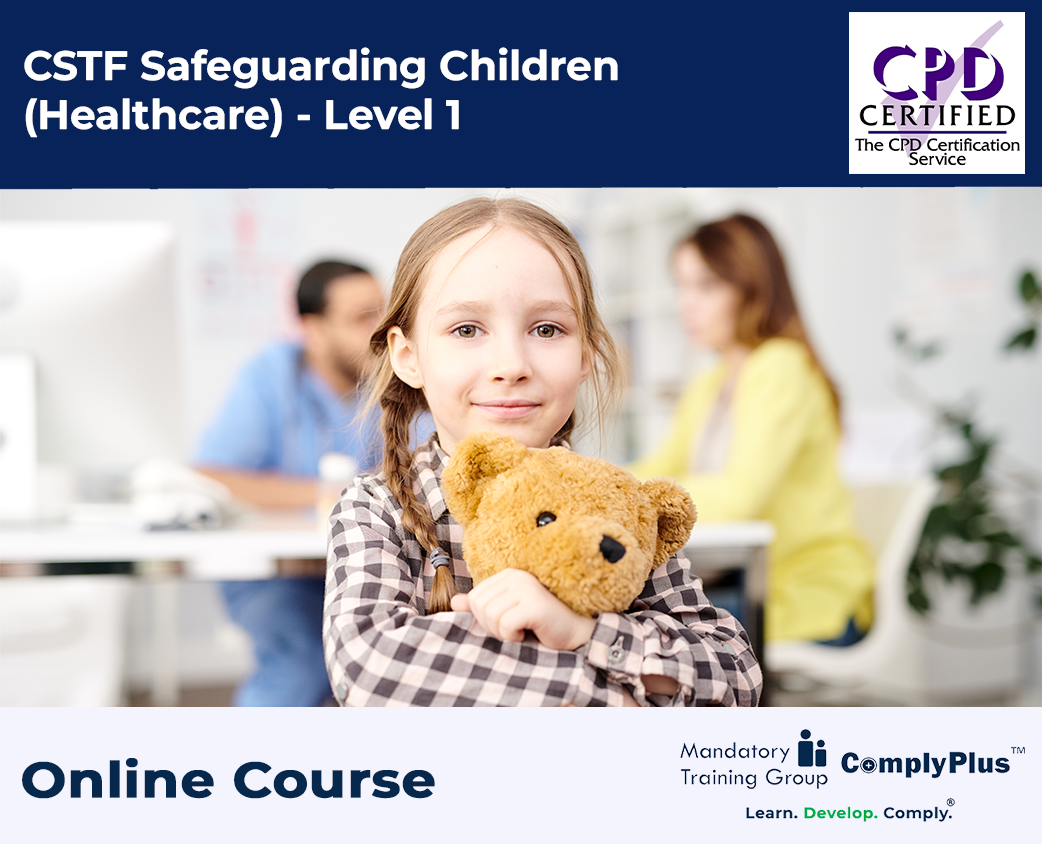
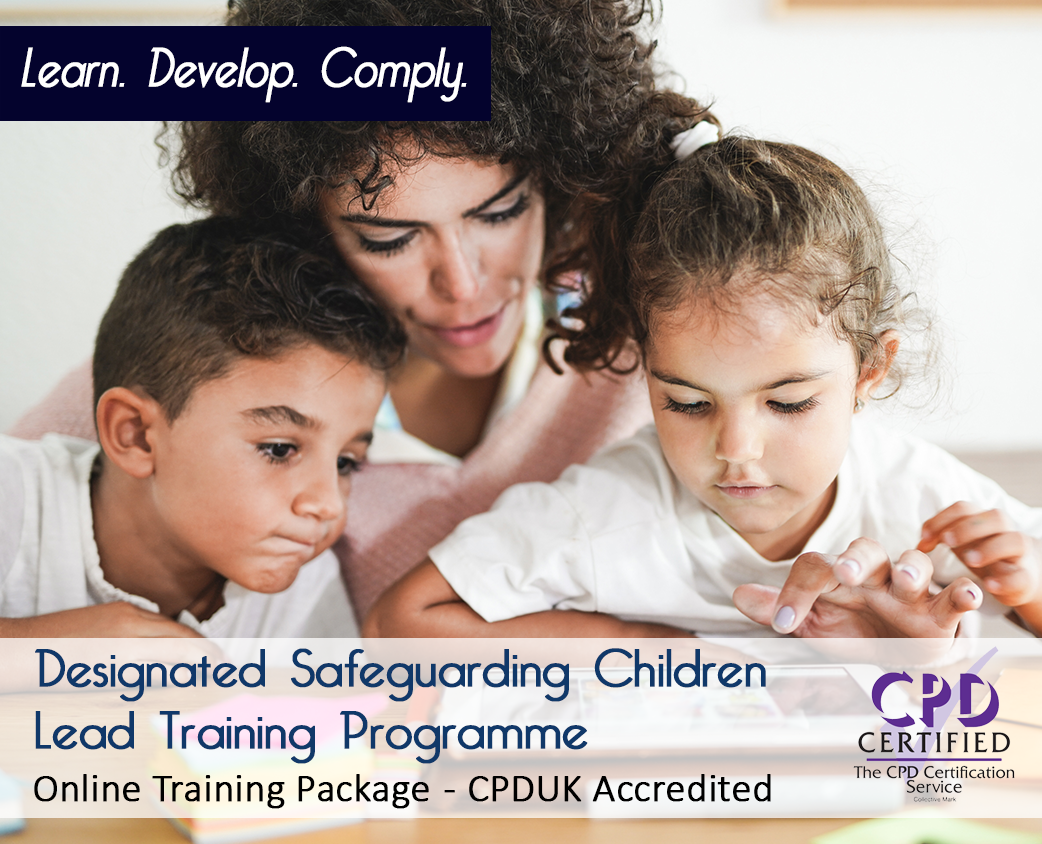
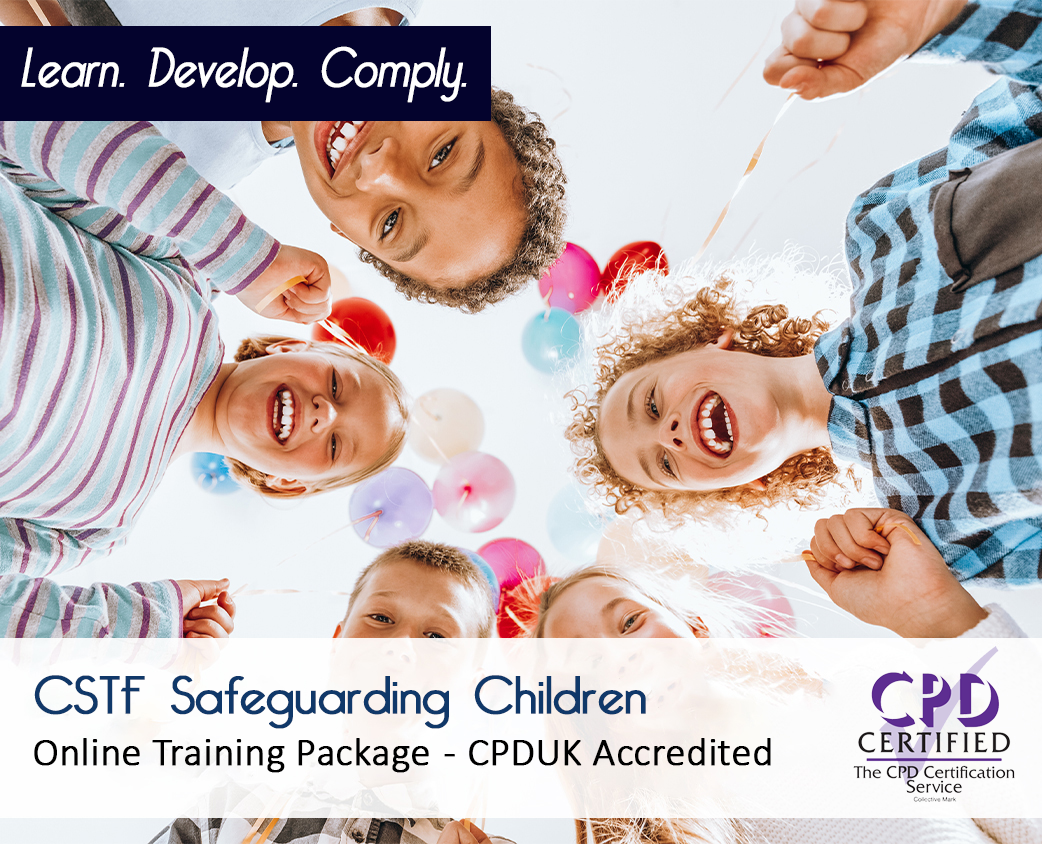
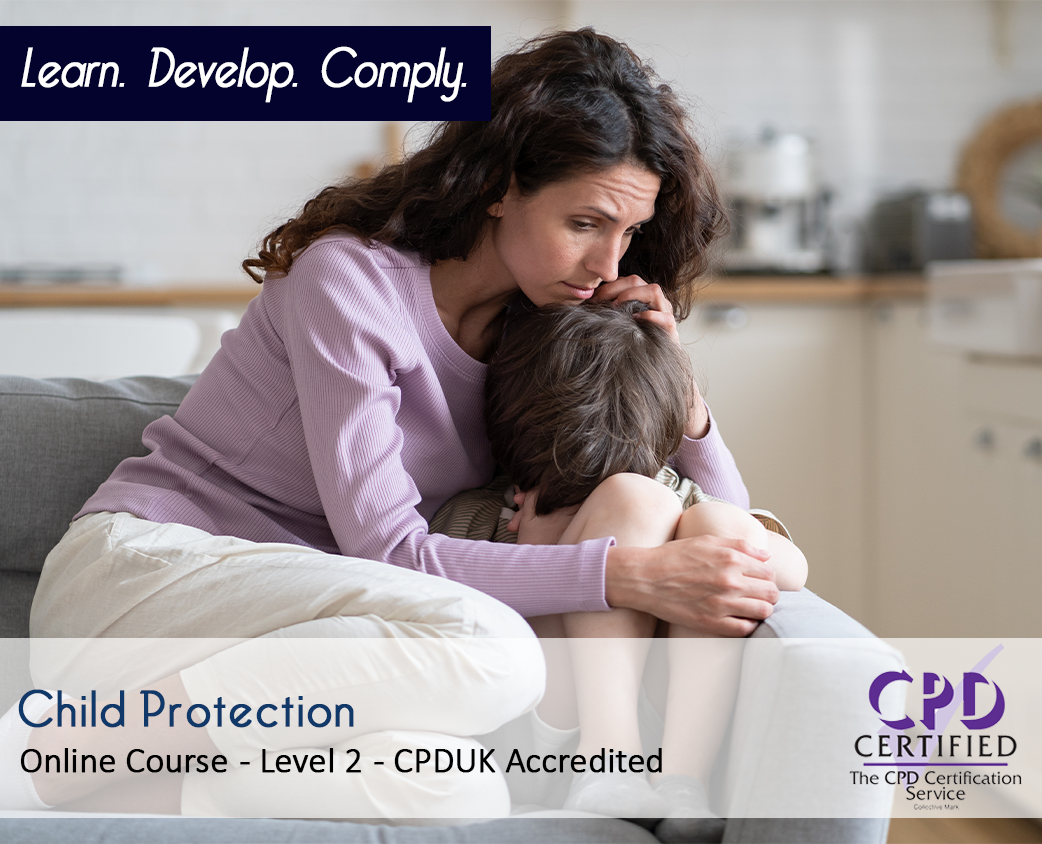
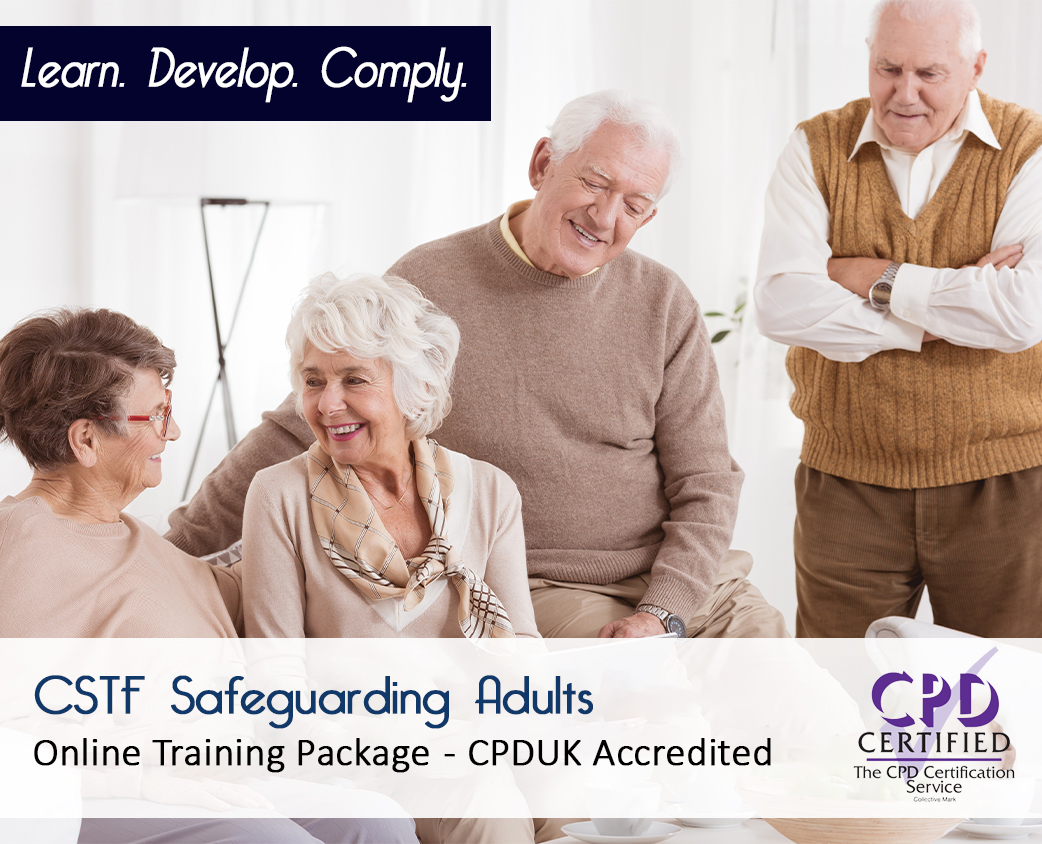
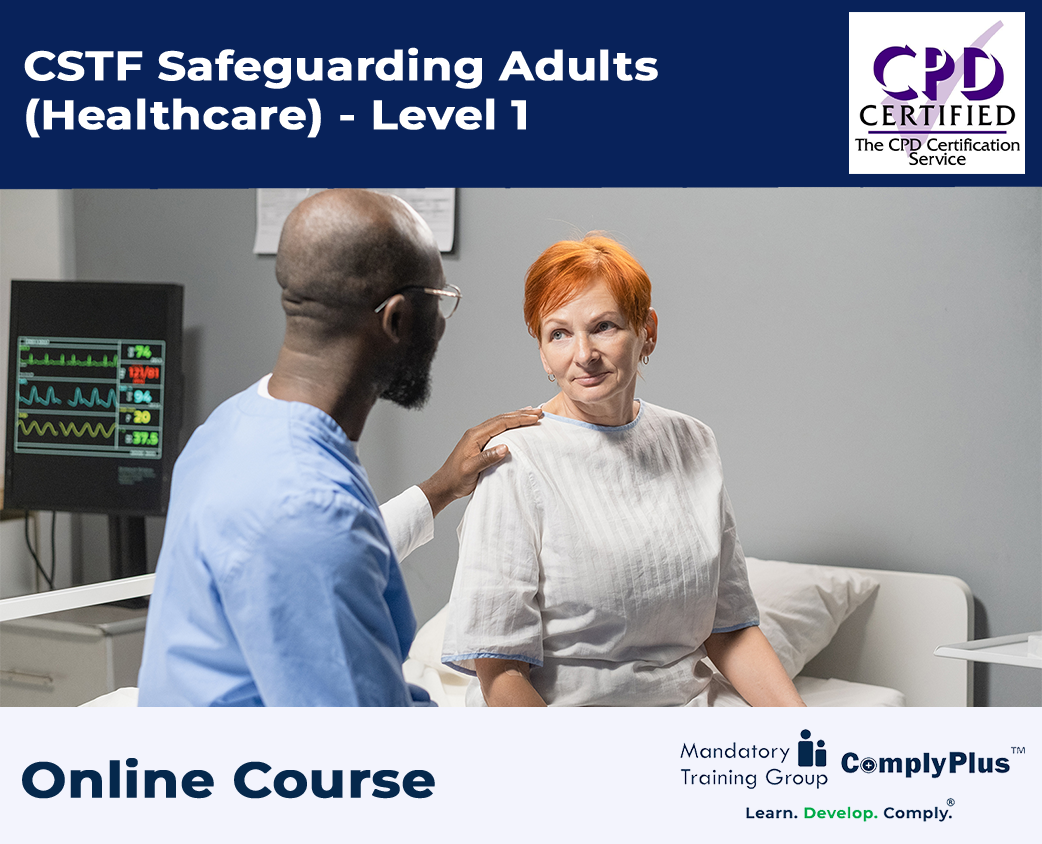
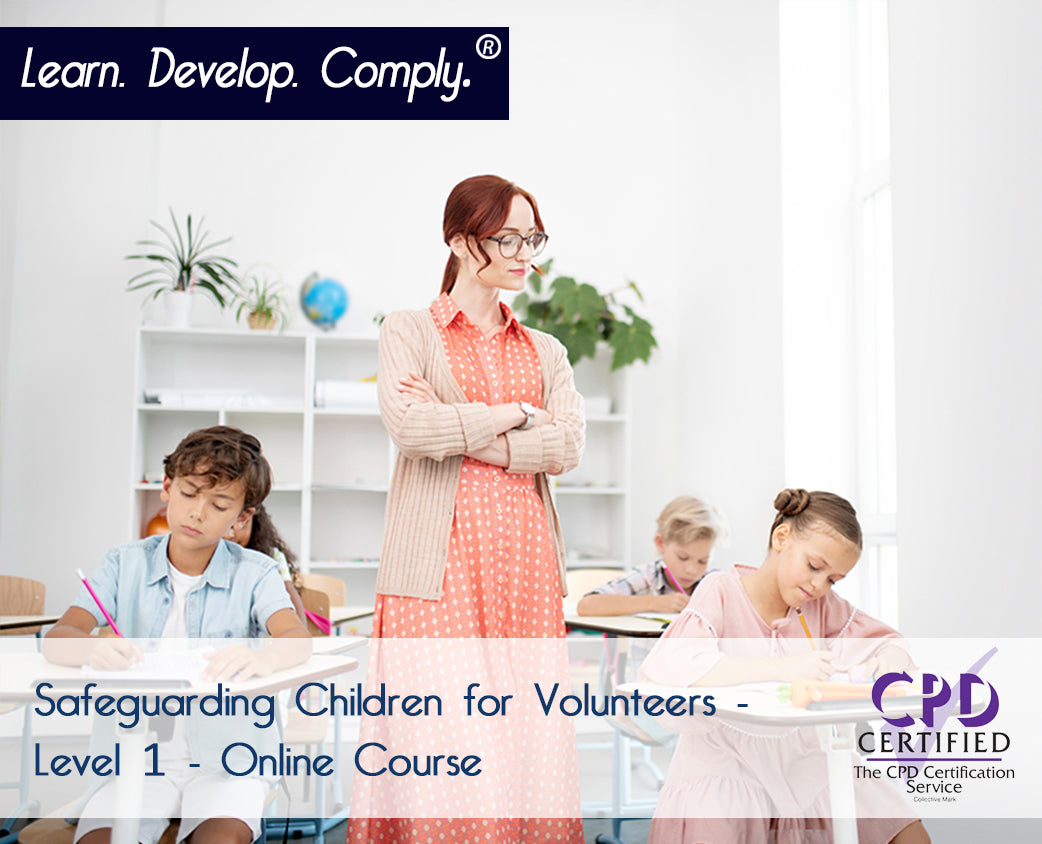
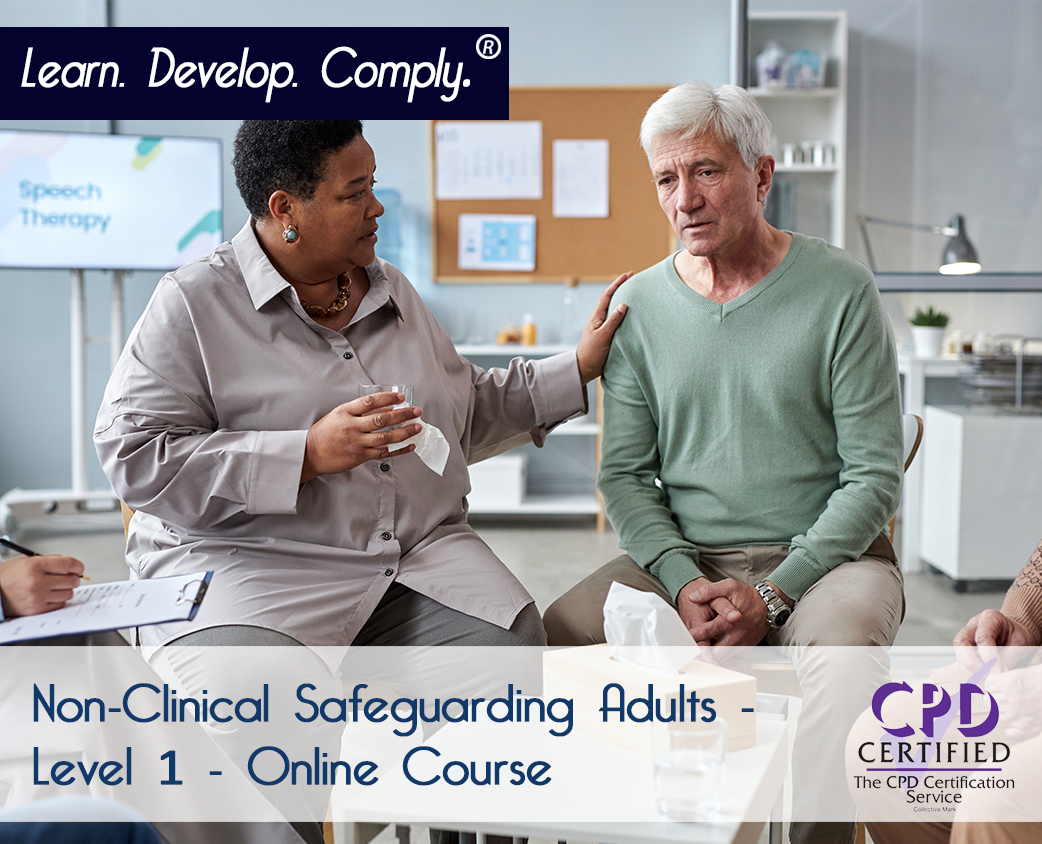
| Product | Price | Quantity | Options | |||||
|---|---|---|---|---|---|---|---|---|
| Features |
| Availability: |
| Price |
| Options |
| Actions |
